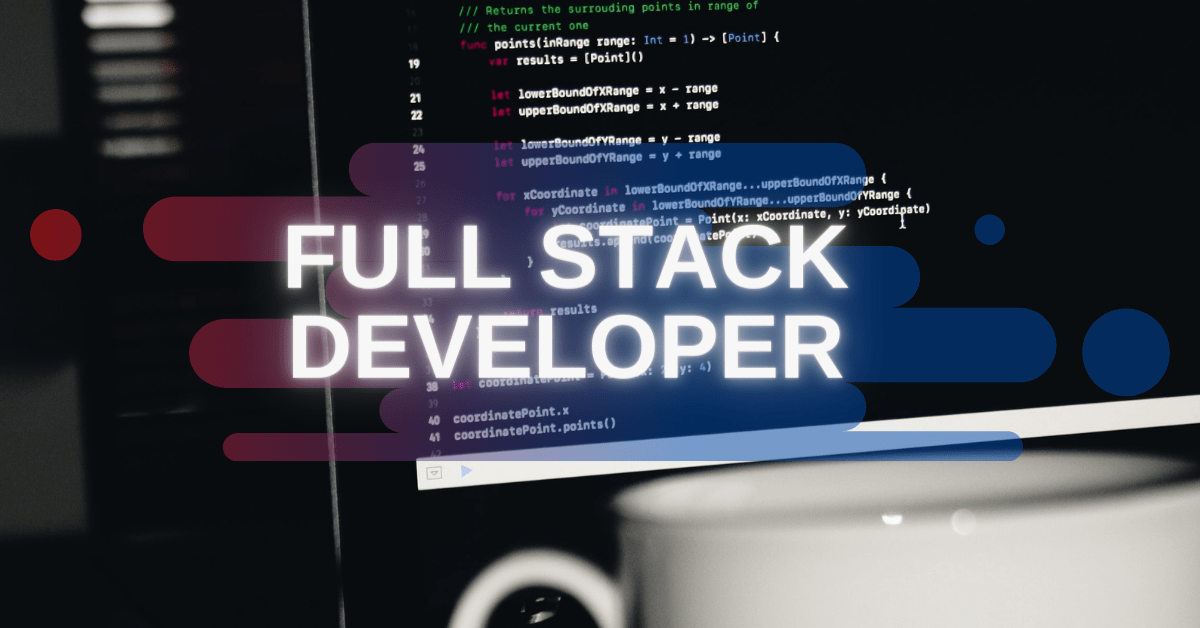With the advent of engineering equipment technologies and tools, the growth of construction industry is explicitly touching new highs. Large projects with a substantial investment are getting accomplishing at phenomenal rates and increasing overall ROI. It means tech advancements have changed the scenario of the construction industry as a whole.
Up till, we were talking about mechanical, automotive, and civil engineering contributions. However, without the active participation of software and associated technologies, the cake of growth is not finished at all. So, let’s talk about it in the current post about how mobility solutions can aid in the digital transformation of the industry.
Remember that AI, AR, and IoT technologies are providing an advanced level of support in collaboration, productivity, and security aspects.
Challenges in Present Construction Industry
Prestigious construction firms, engineering, and architectural service providers, and contractors of varying sizes are facing some common challenges in the industry. Thereby, I am going to pinpoint only prominent ones here.
Challenge 1 – Collaboration
Collaboration in the construction industry takes place in the following ways.
- Collaboration among the on-site workforce
- Collaboration among off-site staffs
- Collaboration between on-site & off-site teams
- Collaboration between Construction teams and external client-side teams
- Collaboration between internal teams and external service providers’ teams
Collaboration among On-Site Workforce:
Big scale contractors and construction agencies always face challenges in keeping schedules, distribution of the workforce, as well as the allocation of the essential equipment among multiple sites.
It compels project managers to create a tight schedule for everything attached to their project, including human resources, and follow it in conjunction with other projects sharing the same resources.
Solution:
A web portal with the web application can create synergy among all projects running under the same agency or contractor. The web application can categorize the projects based on given criteria and create a typical schedule for the resources involved in those projects in its back-end. Users can access the back-end as per their roles through the web or mobile apps with all mobility benefits.
Collaboration among Off-Site Staff:
In the construction industry, having sophisticated offices is mandatory because a construction needs off-site office work like planning, scheduling, and management before, as well as the actual execution of the project. Therefore, collaboration among engineers, architects, contractors, and project managers is essential to create concessions and to do efficient management of the projects.
Solution:
Civil engineers and architects are constantly working on planning using a variety of engineering software today instead of spending hours on tables with papers and canvas to draw plans. All those tables have replaced by computing devices. So, drawings are the job of AutoCAD like CAD software. Moreover, Building Information Modeling (BIM) process is wholly accomplished in the digital landscape using advanced BIM software.
3D models of buildings are providing all required information pertaining to each stakeholder in the project. Thus, sharing civil engineering details, material schedule, schedules for building components, and info regarding professionals in charge is comfortable with BIM and other similar software.
BIM facilitates staff to realize changes made by the team and approved by the project manager in real-time. If your BIM outputs are available on mobile applications, the staff can get real-time updates anywhere irrespective of their presence in the office.
Collaboration between On-Site & Off-Site Teams
Now, we know the off-site team is preparing construction plans, schedules, and manage the projects. The on-site team is following the plans, schedules, and managerial instructions while executing the project on the construction sites. A close collaboration between on-site and off-site teams can result in better execution, fast process, and high productivity, which ultimately transform into high profit.
Solutions:
As discussed earlier, highly sophisticated project management software along with an advanced web application and mobile application can make everything easy and smooth in the running. An off-site team can pass real-time changes to the on-site team digitally. The latest communication channels, like email, instant messengers, and video chats beautifully fill up the gaps. It averts delays, mishaps, and risks involved in the projects.
Collaboration between Construction Teams and External Client-Side Teams
Often project prospects get changes whether due to technical bottlenecks or changed requirements from the clients. Therefore, real-time communication and collaboration are essential when the next phase of the project is going to execute on the site.
Solution:
Mobile application with the help of web or cloud-based web application enables such real-time feedback, reporting, and management processes between the client-side team and construction teams working off-site as well as on-site.
Exchanges of drawings, schedules, notes, and reports on a feature-rich as well as an interactive dashboard in the mobile app facilitate a lot in collaboration of all kinds of activities in the construction industry. Push notification in mobile devices is a plus point here.
Artificial Intelligence and associate technologies provide mobile software solutions with a prediction engine to ease construction tasks and collaboration. Augmented Reality is a next level technology to help the construction industry to convince clients on-site for the next phase of models instead of struggling with BIM like a technical solution that clients hardly grasp.
Challenge 2 – Productivity
Productivity in the construction business is the biggest bottleneck for years despite advanced utility tools to enhance it. A variety of software solutions exist to meet the different needs of the company. You can find a software solution for preconstruction work, schedule preparation, planning & technical drawing, and project management.
- Now, mobile applications are capable of integrating various software using cloud services and cloud-based solutions.
- Mobiles have multiple access to cloud services, so submission of timecards, expense invoices, work records, and requests for information become easy and quick process with desired precision.
- Mobile apps allow real-time data collection and transmission among the stakeholders reside, whether on-site or off-site.
- Cloud-based mobile solutions enable prefabricated construction tasks with desired accuracy and on-time transmission of prefabricated components from off-site to on-site places.
- Mobile apps increase the level of monitoring various tasks in real-time and issue different alerts through push notification features automated as per bespoke requirements.
Challenge 3 – Labor Shortage
Construction business accommodates skilled and non-skilled labors in a significant quantity. The immense growth of construction sites eventually resulted in an acute labor shortage. Thereby, for many years, the construction industry is struggling with labor issues and already taken various measures to meet it. Autonomous heavy equipment and machinery is a direct impact of it.
Besides these, robotics and drones are upcoming technologies providing big promises to the industry to meet future gaps of a labor shortage. In such a scenario, the mobile app interface can prove a hub to harbor all automation and advanced solutions with mobility advantages.
Challenge 4 – Security
Safety and security of labor force on a construction site is always a prime issue in the industry. Furthermore, increased use of autonomous machinery and equipment have posed new threats to safety and security concerns. Let’ see how mobile and associated tech advancements can help the business to address security aspects.
AR & VR Applications
Augmented Reality provides on-site and real-time solutions for safety training and learning equipment operations in a secure way. With cloud-based solutions, AR provides advanced information regarding possible mishaps on the site before the work progress. AR & VR make training easy and safe for the contractors for various risky tasks like working on cranes and scaffolding at heights.
On-site and Mobile Sensors
Installation of various sensors on the site like a thermometer, dust level measurement, noise level measurement, and presence of deadly & volatile chemicals helps in early detections of multiple threats to the life of workers. Mobile devices equipped with such add-ons also ease the tasks of monitoring safety.
The same kinds of expectations could be met by wearable devices attached to workers’ or managers’ bodies and integrated with mobile interfaces to collect various data to red flag alerts as well as enhance security aspects.
Conclusion:
Who Can Provide Mobility Solutions for Your Construction App Development Idea or Project?
We have seen a lot of complexities involved in the development of mobile solutions for the construction field. Now, only experts and experienced team with a deep understanding of the construction business can provide delivery you out-of-box solutions.
Fortunately, the mobile app development team at M-Connect Solutions have spent a lot of time and resources on various construction related mobile application development projects. So, you can get benefits of such talents at highly cost-effective rates.
About Hemant Parmar
Hemant Parmar is an eCommerce expert and a keen Magento consultant who specializes in meeting the needs of businesses in the e-commerce space. Years in the eCommerce market make him a perfect choice for sharing his expertise on eCommerce and Magento 2 development. He believes that customers need to be met no matter how challenging it might be.
Read More




